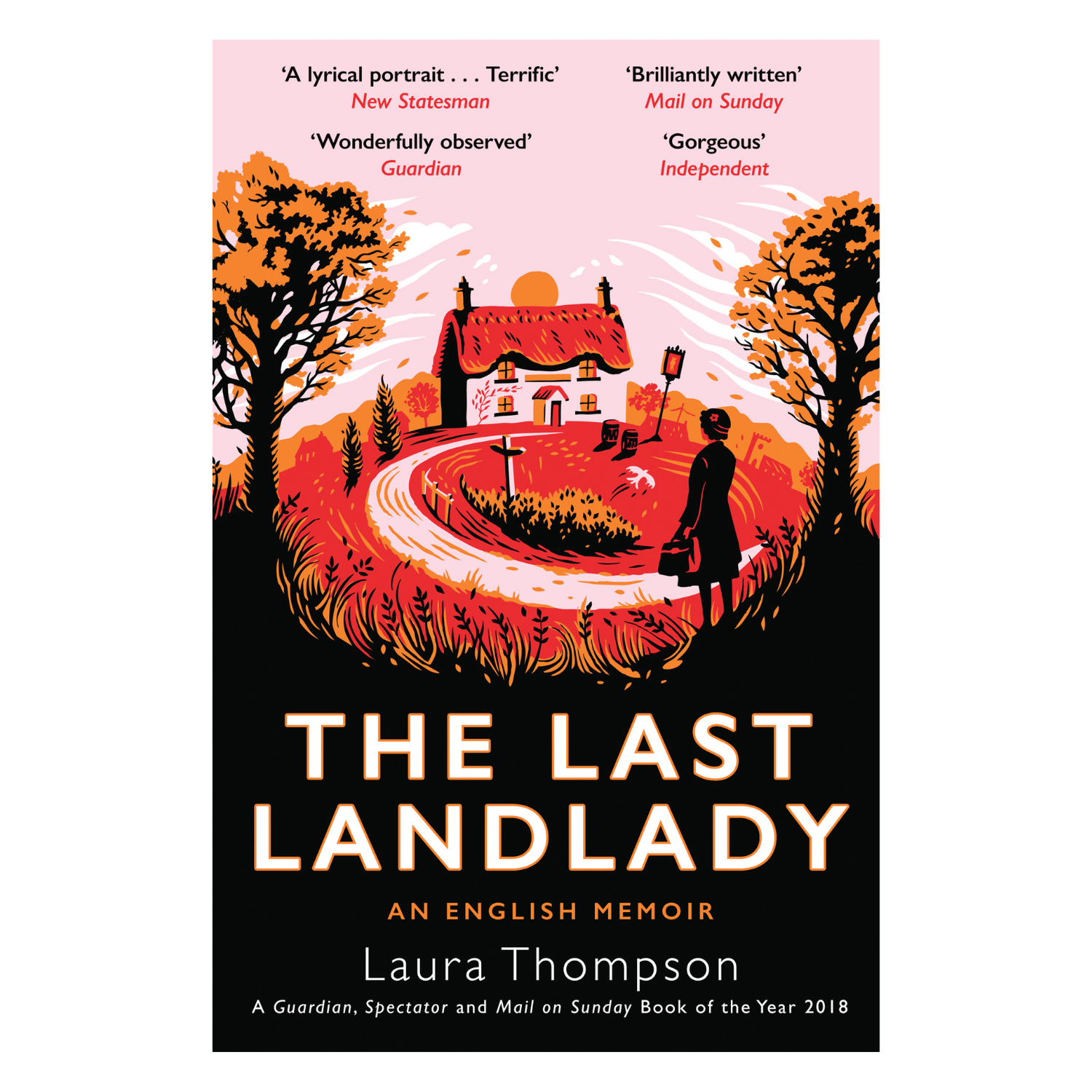
About The Book
Shortlisted for Harper's Bazaar Book of the Year 2019
A Guardian, Spectator and Mail on Sunday Book of the Year 2018
Laura Thompson’s grandmother Violet was one of the great landladies. Born in a London pub, she became the first woman to be given a publican’s licence in her own name and, just as pubs defined her life, she seemed in many ways to embody their essence.
Laura spent part of her childhood in Violet’s Home Counties establishment, mesmerised by her gift for cultivating the mix of cosiness and glamour that defined the pub’s atmosphere, making it a unique reflection of the national character. Her memories of this time are just as intoxicating: beer and ash on the carpets in the morning, the deepening rhythms of mirth at night, the magical brightness of glass behind the bar…
Through them Laura traces the story of the English pub, asking why it has occupied such a treasured position in our culture. But even Violet, as she grew older, recognised that places like hers were a dying breed, and Laura also considers the precarious future they face.
Part memoir, part social history, part elegy, The Last Landlady pays tribute to an extraordinary woman and the world she epitomised.
'Thompson is a terrific writer, and her detailed evocation of the day in the life of the pub... has all the visual richness and emotional power of a Terence Davies film' New Statesman
'Just occasionally a book comes along that leaves you breathless with pleasure, admiration and a dash of envy too. The Last Landlady is Laura Thompson's exquisitely observed and brilliantly written memoir of the life and times of her grandmother, the first woman in England to hold a pub licence in her own right... Simply delicious' Kathryn Hughes, Mail on Sunday
'You really mustn’t miss Laura Thompson’s brilliant The Last Landlady… A wonderfully observed story about female agency in the post-war period' Guardian
'It is about the pub as theatre… A typically eclectic mix of social history and elegy, ironic comedy and indelible Englishness' The Spectator, Books of the Year
'The award-winning Thompson turns her acute eye for detail on her own family in this gorgeous memoir of her indomitable grandmother, Vi, the first woman to hold a pub licence in England' Independent
'I cannot think of another book in recent times that has evoked the spirit of Patrick Hamilton more than Laura Thompson’s The Last Landlady nor can I think of a higher compliment nor a greater reason to read this wonderful book about her indomitable grandmother, Violet' Julie Rutterford, BAFTA Award-winning screenwriter
A lyrical portrait of a fast-vanishing way of life
Be a part of our community! 334,112 people from 207 countries have pledged £11,980,334 to fund 646 projects - and counting!
